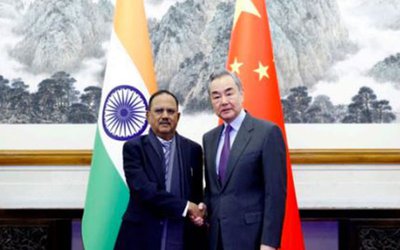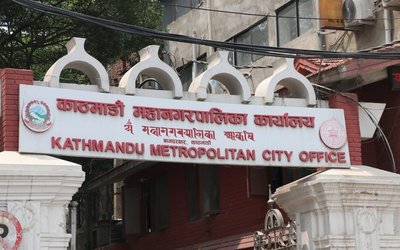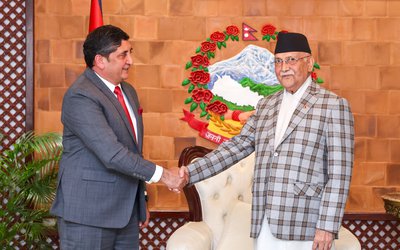Nepalese women suffer exploitation and violence in their family and work settings regardless of their caste, religion, location, or education. It is sad for the lot of women, who cover half the sky of Nepal as primary food producers and household managers, to make do with limited political, social and land rights.
In fact, as per a practice associated with the Hindu religion, women have no right to claim their parental property. As a result of such customary and statutory laws, only 8.1 % (CBS 2001) Nepalese women own land. Even after the restoration of the multiparty system in 1990, women continued to be deprived of rights and opportunities at par with their male counterparts.
Landlessness exacerbates women’s sufferings in multiple ways. They are deprived in economic, socio-cultural, political, human rights and environmental terms.
Nepalese women are economically disempowered due to landlessness. Both the formal and informal sectors need property, usually land, for collateral to give women access to credit for entrepreneurship. Their saving and investment options are few and they are forced to live with low agricultural and livestock productivity.
Landlessness also deprives women from the political empowerment process. Women without land hardly participate as members in formal and informal groups and committees in their communities. Consequently, they are excluded from the process of crafting public policies and sharing resources. This situation affects their leadership, self-confidence, and interpersonal skills.
Women’s landlessness also contributes to the deterioration of the environment. Quick decisions or adaptation and mitigation measures are required to address effects of climate change and disasters. Because women do not have land ownership; they are left out in making such crucial decisions. As a result, while their productivity is affected, the situation aggravates environmental degradation
Last but not the least, women’s sub-human living conditions have been confirmed by CEDAW (Convention on Elimination of All Forms of Discrimination Against Women) 1979, Beijing Women Conference 1995 and MDGs. Women are not getting due respect, security of shelter, and opportunity to exercise their liberty and dignity to work, all thanks to their landlessness.
Because of Nepal’s patriarchal social structure and culture, neither are women likely to exercise their rights, nor are men ready to provide them space. Rules and regulations are still not fully aligned with Nepal’s Interim Constitution: male and elite dominated cultures exist everywhere, such as in bureaucracy.
Realizing the need and urgency for giving women their land rights, several organizations, networks and alliances have emerged at local, district and national levels in Nepal. Among them, Community Self-Reliance Center, a civil society organization, is championing their cause. Yet, civil society organizations have remained far from meeting certain targets and developing appropriate strategies for women’s land rights.
A gender strategy helps these organizations to promote equal opportunities or for reducing the gaps in opportunities between women and men. It assesses implications for women and men for any planned action, including organizational policies or programs, in all areas and at all levels. A sound gender strategy should be integrated in to program planning, implementation, monitoring, evaluation, and other aspects of institutional operations where both women and men equally benefit by following steps such as hiring gender expert/consultant during assessment in order to ensure the use of gender friendly approaches, tools including use of sex-disaggregated data. Gender strategy also demands establishment of baseline data, ensure mid-term and final reviews and evaluations of the programs,
Thus, gender strategy is the most crucial strategy to increase women’s land ownership and empower them. It is imperative that organizations working for women’s land rights issues have to incorporate gender strategy deliberately and urgently.
ease type your text here.
- SWISS SUPPORT: Construction Of A Trekking Trail In Koshi
- Dec 19, 2024
- PM OLI'S VISIT TO CHINA: BRI Agreement
- Dec 16, 2024
- RASUWAGADHI AND SANJEN: Begin Generation
- Dec 03, 2024
- NEPAL, INDIA ELECTRICITY TRADE Nepal's Advantage
- Dec 02, 2024
- PM Oli'S VISIT TO CHINA: Nepal's Dilemma
- Dec 01, 2024
















